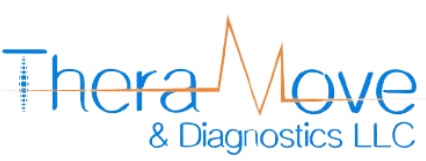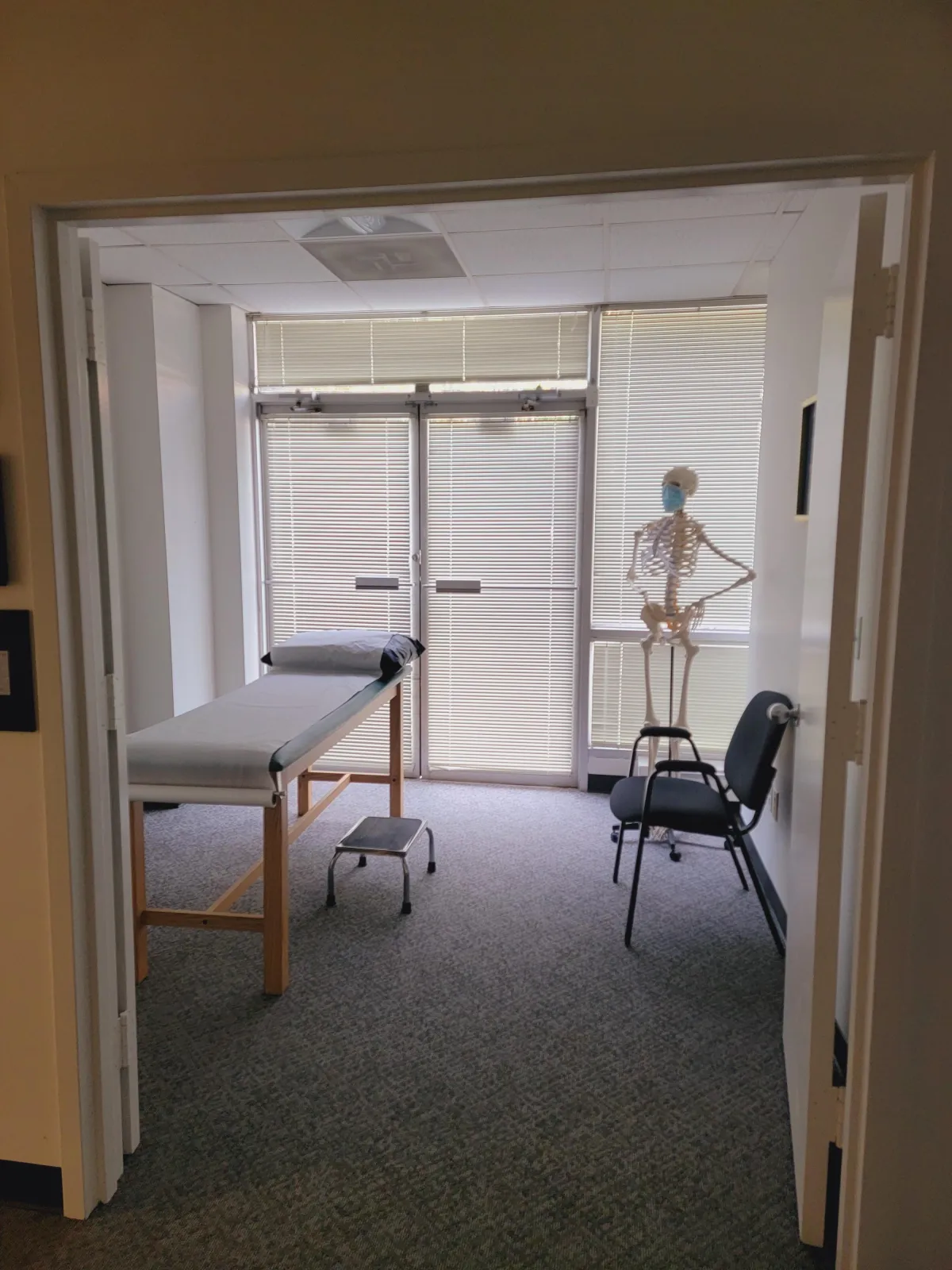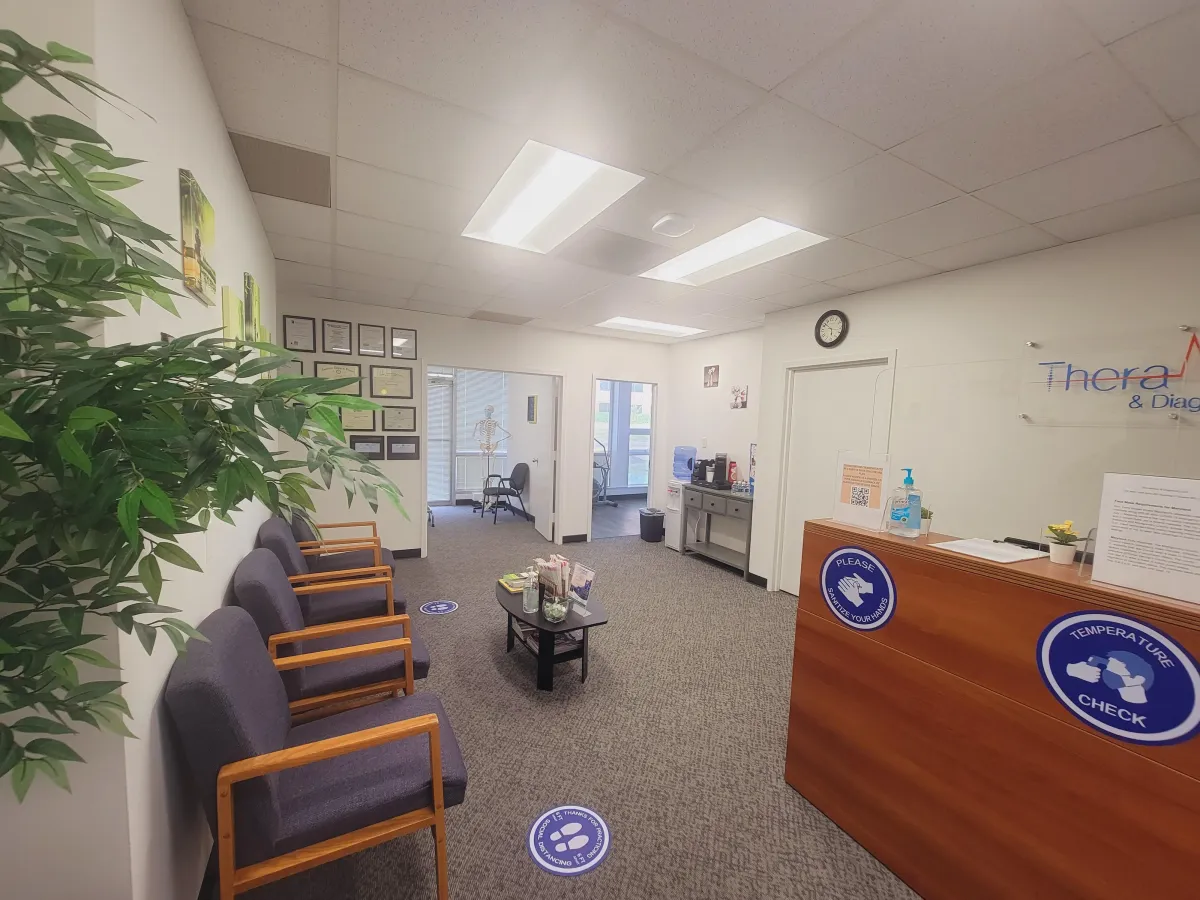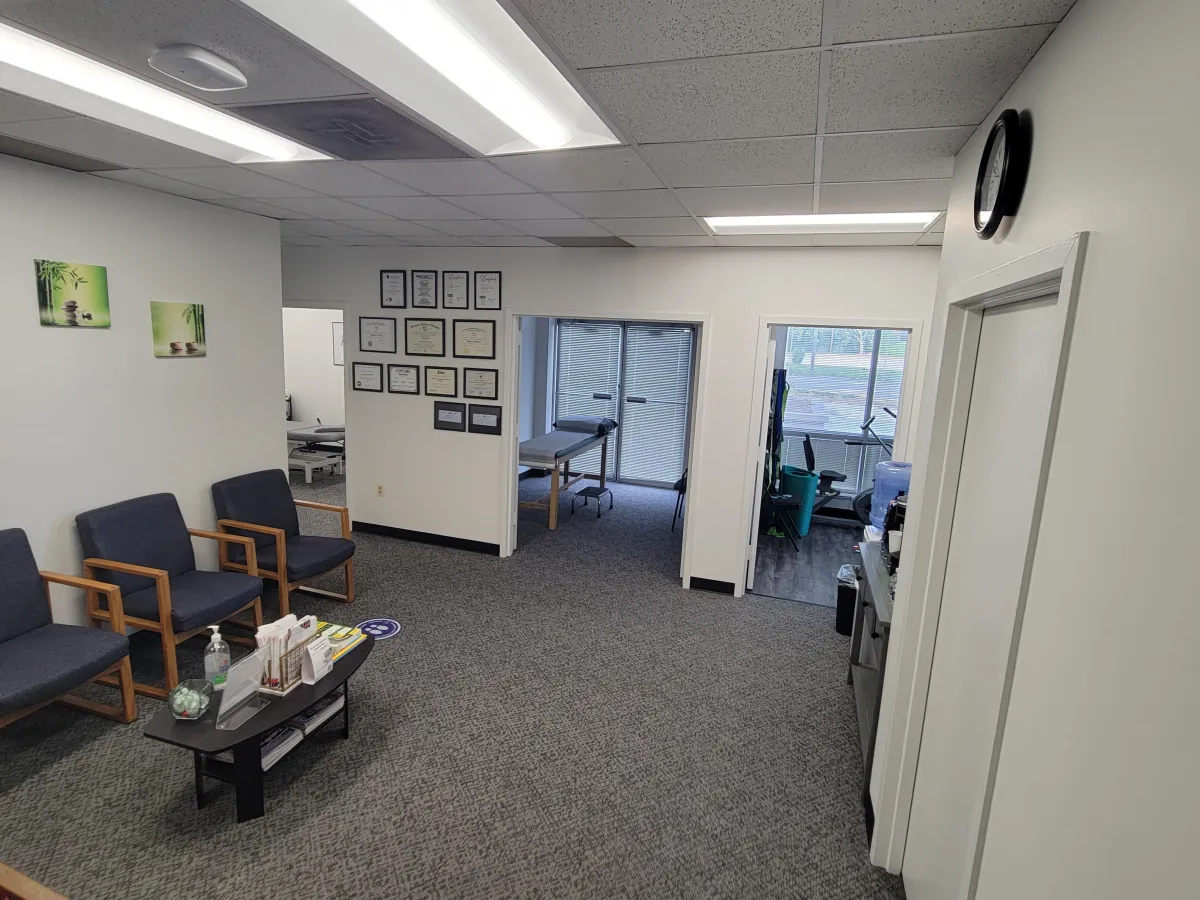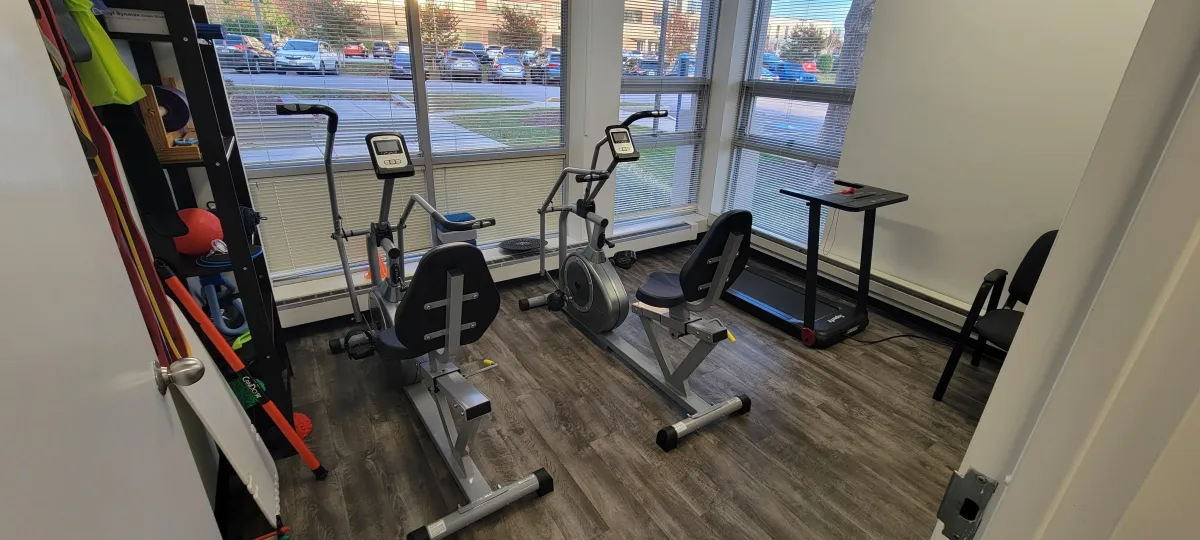FAQs
How can I schedule an appointment?
Our scheduling is easy and we offer a convenient location and appointment times for you. We have morning and evening appointments available to meet the demands of your busy schedule. Call us today or request an appointment.
What happens during my first visit?
During your first visit, you can expect the following:
Arrival: Arrive with your paperwork completed (downloadable from our
website via the forms link or completing it online with link provided in your
email).
Referral: Provide us with your referral for physical therapy if you have one. If you don't, let us know when scheduling (a referral may not always
be needed).
Insurance: Bring your insurance card for copying.
Photo ID: Bring your active photo ID for copying.
Initial Evaluation: A licensed therapist will conduct an initial evaluation, which includes:
1. Discussing your medical history, current problems, pain levels, and daily
activity impacts.
2. Setting goals for your therapy and reviewing medications, tests, and
procedures.
3. Performing an objective evaluation, which may involve:
Palpation: Checking for tenderness, swelling, and other signs.
Range of Motion (ROM): Assessing joint movement and restrictions.
Muscle Testing: Evaluating strength and noting pain or weakness.
Neurological Screening: Testing nerve function, reflexes, and sensory
responses.
Special Tests: Ruling out additional problems.
Posture Assessment: Evaluating joint alignment.
The therapist will then create a personalized treatment plan based on your input, including therapy frequency, home programs, goals, and expected outcomes.
How should I dress?
Wear loose-fitting clothing that allows access to the area being evaluated
or treated:
Knee problems: Shorts.
Shoulder problems: Tank top.
Low back problems: Loose-fitting shirt and pants.
How long will each treatment last?
Each session typically lasts 30 to 60 minutes.
How many visits will I need?
The number of visits varies depending on factors like your diagnosis, severity, and medical history. You may need one session or months of care. Your progress will be re-evaluated regularly, and your doctor will receive progress reports with recommendations.
What do physical therapists do?
Physical therapists:
- Treat orthopedic issues, stroke recovery, and movement impairments.
- Help prevent injuries, surgery, and loss of mobility.
- Provide hands-on care, therapeutic exercises, and patient education.
- Offer specialized services for athletes and workplace ergonomics.
- Use techniques like joint mobilization, massage, ultrasound, and heat/ice therapy.
Is physical therapy painful?
While the goal is often pain relief, some treatments may cause discomfort, especially after surgery or with range-of-motion exercises. Your therapist will adjust the treatment plan based on your feedback.
Why is physical therapy a good choice?
Physical therapy addresses the source of pain and restores movement. Therapists specialize in treating movement and neuro-musculoskeletal disorders, correcting movement impairments, and relieving pain. They also focus on prevention, improving workplace ergonomics, and optimizing athletic performance.
Will I start noticing relief right away?
Each patient’s diagnosis is different, so together with your referring physician, your therapist will develop a plan of care that is right for you. Your plan of care and number of visits will be determined during your first visit and explained to you by our physical therapist.
What will I need to do after physical therapy?
Each patient’s diagnosis is different, so together with your referring physician, your therapist will develop a plan of care that is right for you. Your plan of care and number of visits will be determined during your first visit and explained to you by our physical therapist.
Is physical therapy covered by insurance?
Most forms of physical therapy are covered by insurance, but coverage details vary by plan. In all 50 states, you have direct access to physical therapy, meaning you may not need a physician’s referral. Contact us for more information on your specific coverage.
What is the best payment method for my sessions?
We accept cash, check, debit card, and credit card. We are happy to discuss payment plan options as well. It is our policy that payment is made at the time of service.
2. Your insurance benefits will be determined before your second visit, and you will be informed of what, if any, payment is necessary on that date.
3. PATIENTS ARE REQUIRED TO VERIFY THEIR INSURANCE BENEFITS AND DETERMINE WHAT SERVICES ARE COVERED. WHILE WE PROVIDE INSURANCE BENEFIT VERIFICATION AS A COURTESY, THE CLINIC IS NOT RESPONSIBLE FOR VERIFYING OR GUARANTEEING INSURANCE BENEFITS.
How does the billing process work?
We bill your insurance, Workers' Comp, or you directly using procedure codes.
The payer processes the claim and sends an Explanation of Benefits (EOB) to you and us.
Any remaining balance is your responsibility.
Payment is typically processed within 60 days, but delays can occur. Contact us if you have questions about your bill.
SOME TIME INSURANCE COMPANY ISSUES PAYMENT TO YOU (THE PATIENT) DIRECTLY. IN THAT CASE YOU ARE 100% RESPONSIBLE TO INFORM OUR CLINIC AND PROVIDE THE PAYMENT TO US (THE CLINIC) AS SOON AS POSSIBLE. IF YOU ARE UNABLE TO DO SO, YOU WILL BE 100% LIABLE FOR THE SERVICES RENDERED AT OUR CLINIC.
What should I do if I don’t have insurance?
For patients who do not have insurance, we offer a discounted fee, due at the time of service.
No Surprise Act Notice
Your Right to a "Good Faith Estimate"
Under the No Surprises Act, you have the right to receive a Good Faith Estimate detailing the expected costs of your medical care. This applies if you are uninsured or are choosing not to use your insurance.
Here’s what you need to know:
1. You are entitled to a Good Faith Estimate for the total expected costs of any non-emergency services, including medical tests, prescriptions, equipment, and hospital fees.
2. Providers must give you a written Good Faith Estimate at least 1 business day before your scheduled service.
3. You can request a Good Faith Estimate at any time, even before scheduling a service or item.
4. If you receive a bill $400 or more above your Good Faith Estimate, you have the right to dispute the charge.
5. Be sure to keep a copy of your Good Faith Estimate for your records.
6. For more details about your rights under the No Surprises Act, visit www.cms.gov/nosurprises or contact us via the phone number listed on our website.
Need help? Contact us for more information!
